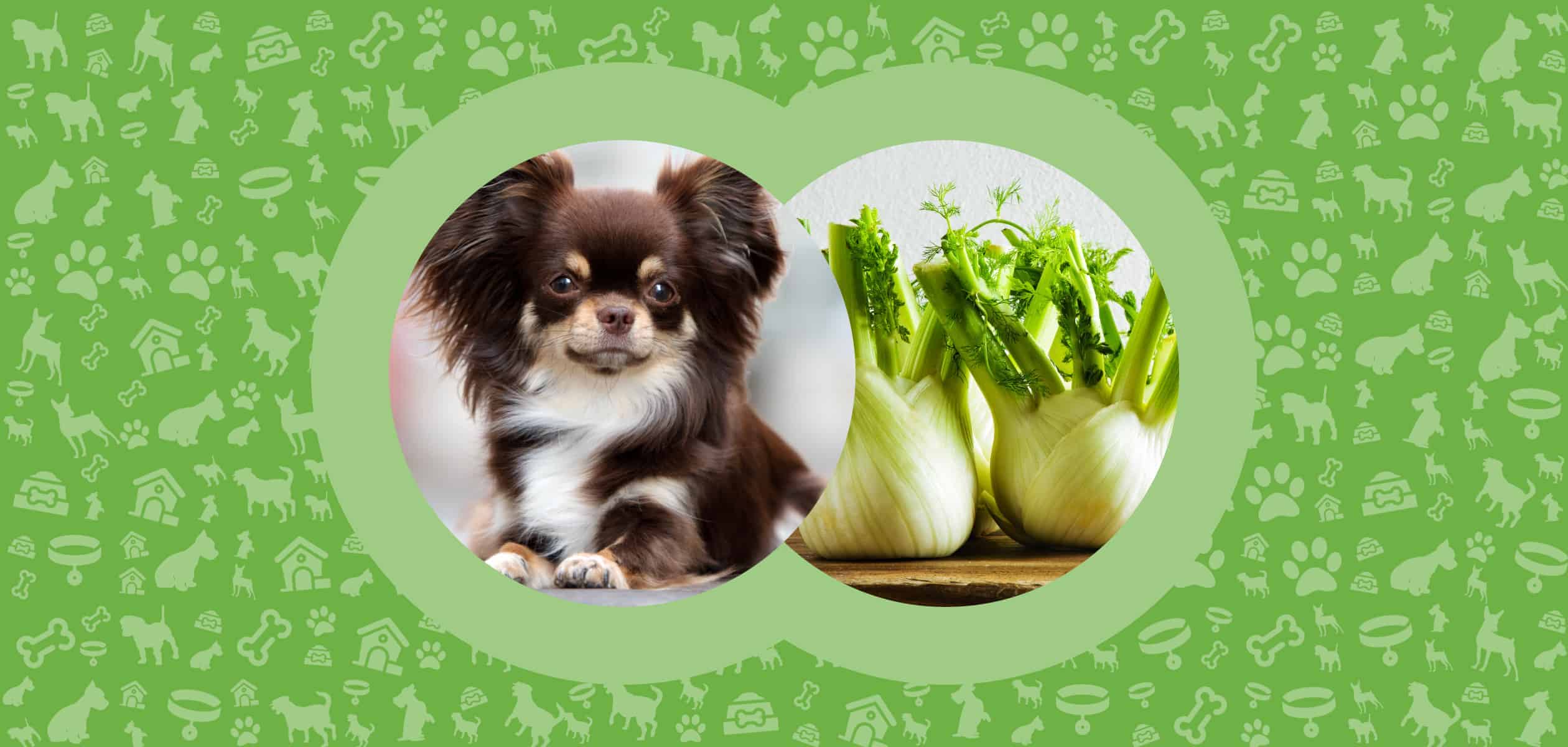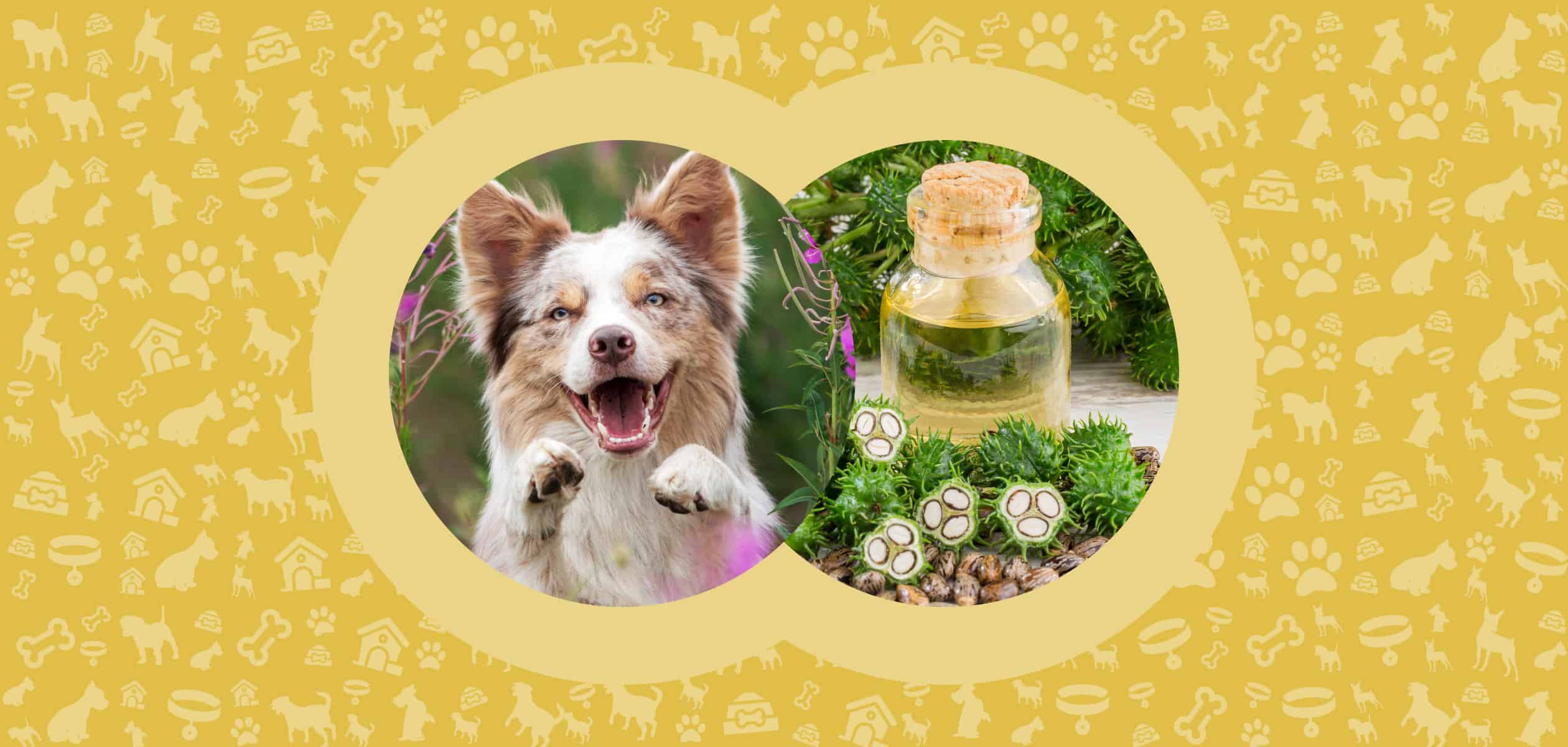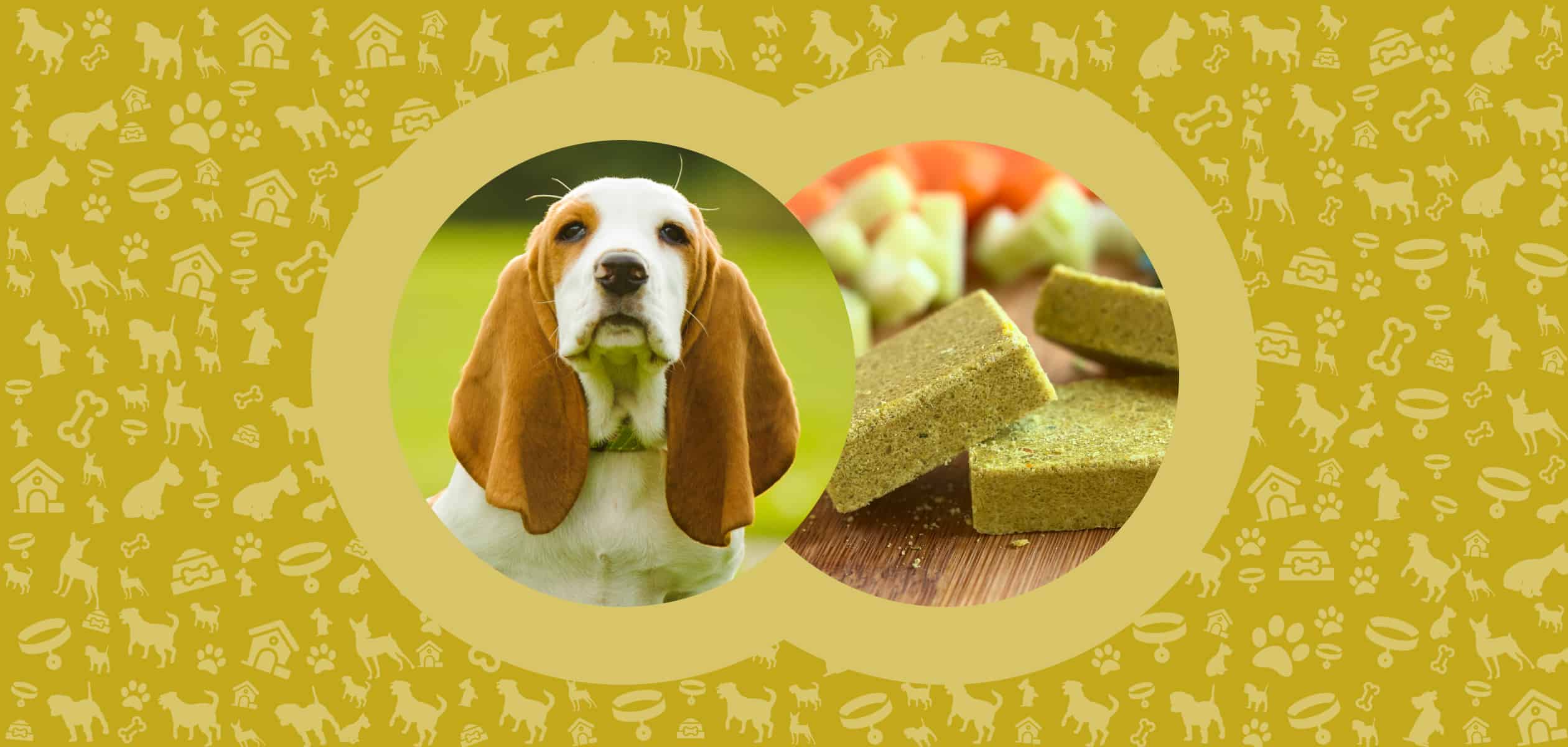Introduction
The benefits of fennel have been documented for centuries, but is it safe for our pets? Can dogs eat fennel?
The answer is – Yes.
Since dogs can eat fennel, let’s talk about some of the benefits that fennel can provide for your dog!
Why is Fennel Good for Your Dog?
We can split the fennel plant into two main parts – the bulb and seed. Both are packed with nutrients.
Antioxidants
The fennel bulb is crisp and full of powerful antioxidants and Vitamin C.
As your dog ages, they rely more on dietary sources of antioxidants to efficiently repair damaged cells and maintain healthy tissue.
By supplementing your dog’s diet with fennel, you can support natural repair mechanisms and help keep your dog healthy.
Essential Minerals
Both the fennel bulb and seed have high levels of manganese – an important mineral that your dog can only get through their diet. As an essential nutrient, manganese is involved in metabolic reactions that maintain your dog’s healthy bones, cartilage, and joints.
In addition to manganese, fennel also contains high levels of calcium, potassium, and magnesium. Together, these minerals help muscles and bones function efficiently – making life easier for your dog.

What are the Health Benefits of Feeding Your Dog Fennel?
If you’ve tried fennel, then you’ve noticed its distinct licorice flavor. This unique taste comes from an organic compound called anethole – often found in other herbs like anise and coriander.
When it comes to veterinary medicine, anethole has become known for its antiparasitic, antibacterial, and anti-inflammatory activity.
Fennel is Antiparasitic
The use of anethole from fennel has received plenty of attention when it comes to treating parasites.
- Tapeworms
In the case of tapeworms, researchers found that essential oil from fennel damaged the motor function of adult tapeworms and cause them to die.
Interestingly, treatment of tapeworms with fennel essential oil also inhibited the development of parasitic eggs – helping limit parasitic transmission to others.
- Coccidia
A similar study looked at the effects of anethole from fennel on coccidia, a common intestinal parasite found in dogs.
Treatment of infected chickens with anethole killed 45% of coccidia eggs two hours after treatment. Analysis of the spleen also showed an increase in organ activity by 6-fold, suggesting an increased immune response.
Since we share our homes with our dogs, limiting the risk of parasites is especially important for the health of our families.
Fennel is Antibacterial
The search for natural antimicrobials has become a particular area of interest for scientists.
For example, some cholera bacteria strains have become resistant to conventional antibiotics. This can be problematic if your dog contracts cholera through contaminated food and water.
When researchers purified anethole from fennel, they treated an invasive strain of cholera and found it quickly killed the bacteria.
Ingestion of fennel has also been shown to support digestive health and prevent stomach upset, potentially working through an antibacterial mechanism.
Fennel is Anti-inflammatory
After an injury, your dog’s body will begin an inflammatory response to help repair any damage. Sometimes, this inflammatory response can become overactive and result in excess pain and swelling.
Using an animal model, researchers found the oral administration of anethole decreased the production of pro-inflammatory proteins – acting as an inflammation inhibitor.
These studies suggest oral administration of anethole may also reduce pain associated with inflammation by limiting the inflammatory response following an injury.

Final Thoughts
So, can dogs eat fennel?
Yes!
Not only is fennel a nutritious vegetable that provides your dog with vitamins and minerals, but fennel also has biological properties that benefit your dog.
As a rule of thumb, it’s always best to start with a small amount of fennel and monitor how your dog responds.
Before you begin supplementing your dog’s diet with fennel, ask your local veterinarian how much fennel is suitable for your pet.
Sources
- Fennel, 2021, Drugs and Lactation Database (LactMed)
- Levels of major and trace elements in fennel, 2015, Feleke Demissie Endalamaw and Bhagwan Singh Chandravanshi
- Anthelmintic effects of the essential oil of fennel (Foeniculum vulgare Mill., Apiaceae) against Schistosoma mansoni, 2015, Kamila A L Wakabayashi, Nathalya I de Melo, Daniela P Aguiar
- Immune effects of dietary anethole on Eimeria acervulina infection, 2013, Duk Kyung Kim, Hyun S Lillehoj, Sung Hyen Lee







Leave a Comment